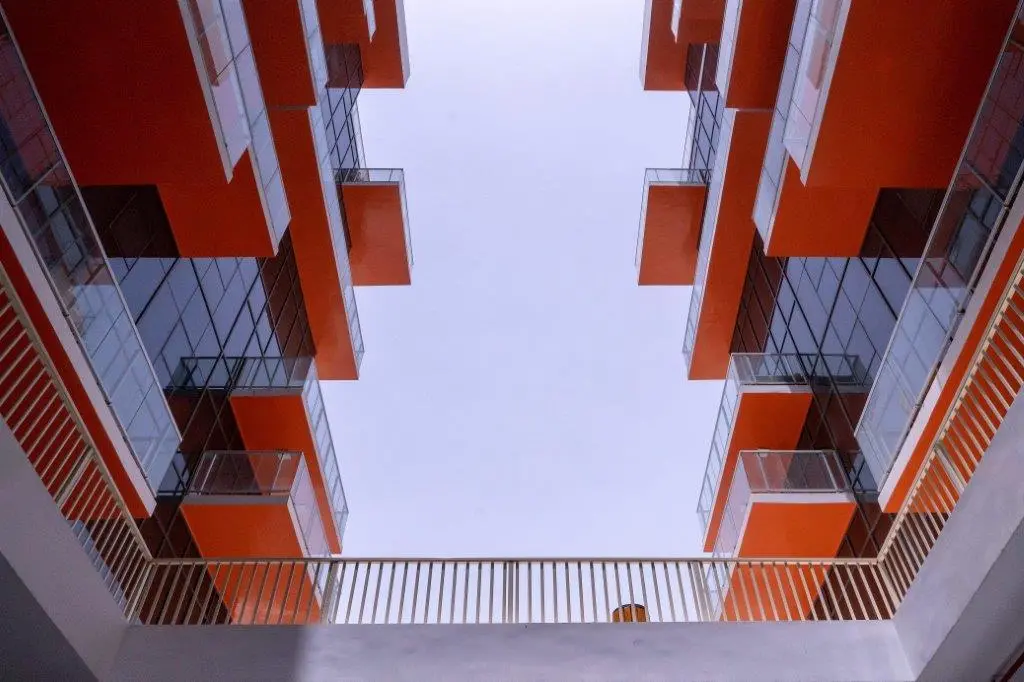PHOTO
The Nasdaq Dubai-listed ENBD REIT has embarked on a strategy to “mitigate risk” in its portfolio by securing income from longer-term leases and “diversify holdings” across the real estate sectors as the UAE’s challenging property market continues to dent the performance of Real Estate Investment Trusts (REIT).
“Our current strategy is to invest into real estate sectors that offer secure contractual leases over the next 10-20 years. These leases typically have contractual rental increases which would mitigate any falls in rentals due to prevailing market conditions,” said Anthony Taylor, Head of Real Estate, Emirates NBD Asset Management, in an email interview with Thomson Reuters Projects.
At the moment, he said, the optimal asset mix that they would want to achieve is 50-60 percent offices, 20-25 percent residential and 25-35 percent alternative.
The Sharia-compliant REIT, which holds a portfolio of 11 properties, worth 1.7 billion UAE dirhams ($456 million), has adopted a strategy to ‘bulk up’ its alternative asset portfolio as rental prices in the residential and office sectors have taken a hit.
Taylor said that it would continue to buy high-quality assets in strategic locations that will both diversify their holdings and generate income for the trust.
“This year we have $55-65 million from remaining debt facilities which will be allocated mainly to industrial and healthcare assets,” he said.
In November 2018, ENBD REIT announced that it had secured a $75 million Murabaha finance facility with Standard Chartered Bank for a term of three years, with an accordion option to upsize the facility to $100 million.
The REIT had said it intends to utilise the first tranche ($45 million) to partially repay its existing debt, while the remaining $30 million would go into acquiring new assets, mostly in the alternative segment.
“We are targeting a 45 percent Loan to Value ratio (LTV), while our current level is 38 percent. During the year, we will continue to look at new acquisitions as a soft market results in good opportunities to buy,” said Taylor.
He said the ENBD REIT may also revisit its existing portfolio to see whether disposals would be beneficial to its overall complexion, but only “if we are, at the same time, securing high-yielding acquisitions”.
Slowdown effects
With the UAE grappling with a challenging real estate market, ENBD REIT has not been immune to market forces, Taylor admitted. However, a focus on “increasing occupancies and rental income” meant gross yield on the portfolio held steady at 8.3 percent as at December 31, 2018.
The REIT’s occupancy across the portfolio stood at 88 percent, which, he said, proved that it has been resilient to market headwinds. “We experienced some downward pressure on valuations during 2018 as a result of a soft real estate market, however, the impact on our NAV was minimal as a result of the quality and diversity of our assets,” Taylor said.
ENBD REIT had announced a NAV of $284 million, or $1.11 per share, on January 29, 2019.
But, on the back of a soft real estate market, listed REITs have also been hit by the weak sentiment in the equity market, forcing them to trade at a discount to NAV as trading volumes plummeted across the local exchanges.
“This means that despite market valuations falling, REITs are trading at an even lower level than these reduced values and that creates interesting opportunities for investors,” he explained.
To address this challenge, he added, the REIT rolled out a share buyback programme in February to capitalise on the current discount to NAV.
As part of the share buyback programme, the REIT has allocated up to $3.5 million for the acquisition of up to 4,401,340 shares at a price no higher than 10 percent of the previous day’s volume weighted average trading price (VWAP). The programme, which began on February 21, will run until September 30 of this year.
While the market continues to remain challenging for REITs, Taylor said that it expects to see further growth in the sector as more institutional investors look for steady income returns and long-term capital appreciation – these include pension funds and insurance companies.
“A conventional (non-shariah compliant REIT) may also be an interesting proposition for investors in the region, as it widens their investment spectrum to include hotels and conventional banks,” he said.
(Reporting by Syed Ameen Kader; Editing by Michael Fahy)
(michael.fahy@refinitiv.com)
Our Standards: The Thomson Reuters Trust Principles
Disclaimer: This article is provided for informational purposes only. The content does not provide tax, legal or investment advice or opinion regarding the suitability, value or profitability of any particular security, portfolio or investment strategy. Read our full disclaimer policy here.
© ZAWYA 2019




















